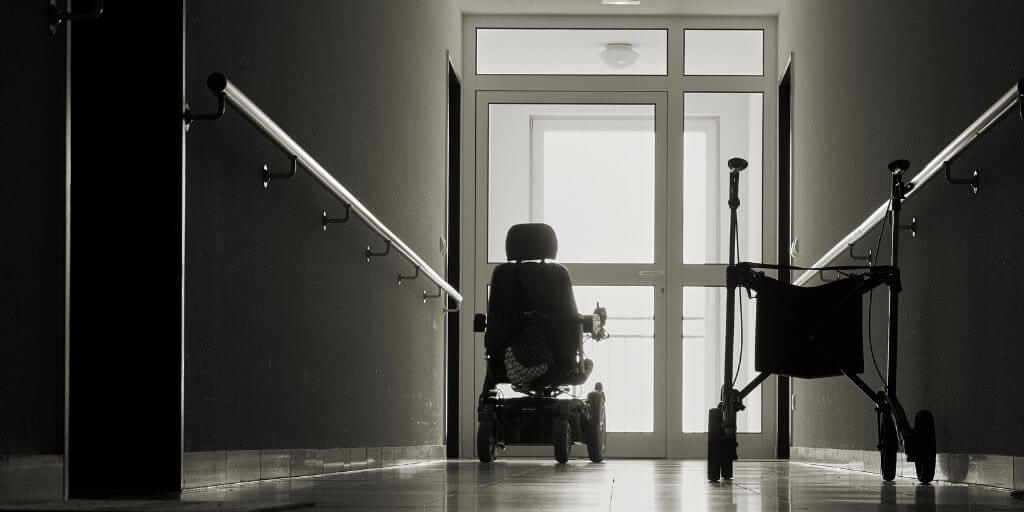When COVID-19 first emerged at the start of 2020, long-term care facilities scrambled to implement protocols to protect their residents, which in many cases included a no-visitor policy. As a result, many residents went for several months without a visit from a friend or family member. Once the doors began opening again for visitors, some family members found their loved one had been living in less than desirable conditions.
What can you do if you and your family find yourself in this situation? Did you know that under the federal Older Americans Act of 1965 (ACT), each state was required to establish an Office of the State Long-Term Care Ombudsman to qualify for federal funding?
An ombudsman advocates for long-term care residents and helps resolve problems related to the health, safety, welfare, and rights of residents. There are a variety of proactive or preventative actions an ombudsman may take to protect their residents, such as:
- Advocating for resident rights and quality care
- Educating about residents’ rights and good care practices
- Encouraging the creation of resident and family councils and citizen organizations
- Promoting community involvement with volunteer opportunities
- Providing information to the public about long term care facilities
In addition to proactive actions, an ombudsman is available to:
- Report abuse such as physical, emotional, financial, etc.
- Resolve quality-of-life complaints made by or for residents
- Work with government and law enforcement during investigations
New York State’s long-term care ombudsman program operates through the Office for the Aging. On December 22, 2021, New York State’s Governor Hochul signed the LTC Ombudsman Reform Act – A.5436-B (Clark)/S.612-B (May). Part C of this bill requires nursing homes and residential healthcare facilities to provide all residents access to State LTC Ombudsman Program staff and volunteers at no cost to the resident. Part C also requires nursing homes to grant Ombudsman Program staff access to the facility.
If you believe a loved one is the victim of abuse in a long-term care facility, you have the right to ask the facility to provide you with access the State LTC Ombudsman Program. Alternatively, contact information to the Ombudsman Program is available here:
New York State Office of the Aging Ombudsman Program website
Toll-Free Number: 1-855-582-6769
Long Term Care Ombudsman Program Fact Sheet
The medical malpractice/nursing home negligence group at Lacy Katzen has helped many families who have found themselves wondering what to do in the face of long-term care facility abuse or negligence. If you find yourself in this situation, we invite you to contact us to review your concerns and potential next steps.
Written By John Wells

